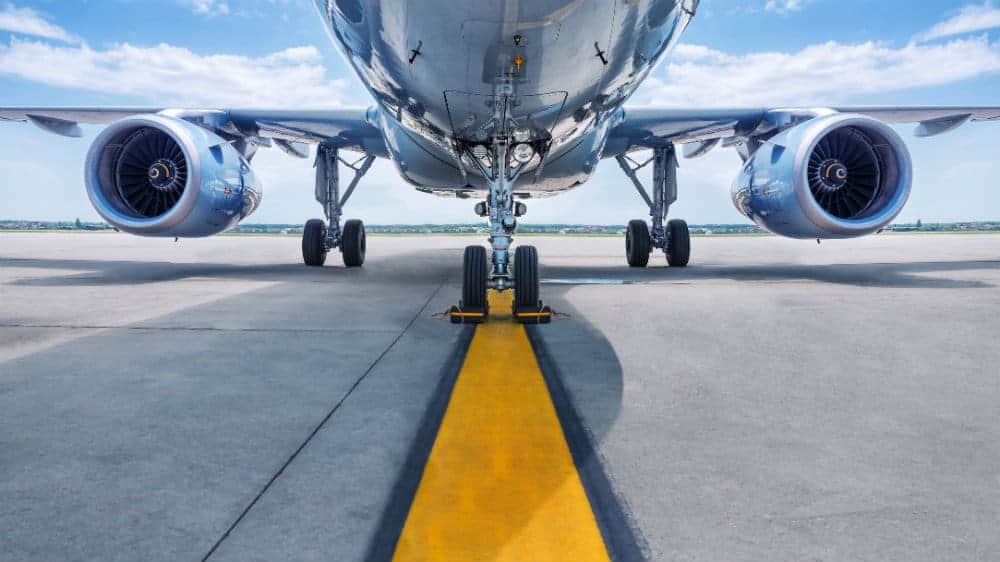There’s no stopping the Rolls-Royce (LSE:RR.) share price at the moment. It’s just taken out the critical £3 per share landmark for the first time since the pandemic. Now the FTSE 100 stock is trading at its most expensive since the middle of 2019.
Analysts are expecting further progress in the New Year too, with forecasters at JP Morgan predicting a surge to £4 within the next 12 months.
Rolls and its share price may face some significant obstacles during 2024. But I wouldn’t be shocked to see the love-in for this Footsie recovery play continue. Here are three reasons why it could rocket again next year.
1. A strong civil aviation market
The mass grounding of commercial planes during the Covid crisis pushed Rolls to the edge of bankruptcy. Servicing engines made up 51% of its profits just before the health emergency.
But the airline sector has rebounded strongly since then as strong pent-up travel demand built up during the pandemic was released. Even now the world’s commercial carriers continue to report better-than-forecast trading, including British Airways owner IAG and North American carrier United Airlines in recent months.

Continued strength among these long-haul operators is especially encouraging for Rolls for next year given its focus on serving larger aviation engines.
2. Improving defence spending
Rolls isn’t just a way to play the airline industry, however. The company is also a major supplier to military customers. Indeed, its Defence division is responsible for almost 30% of group turnover.
The outlook here is pretty bright for the short-to-medium term at least. Arms budgets are tipped to continue moving northwards as the geopolitical landscape becomes increasingly unstable.
Rolls’ position as a key hardware supplier also puts it in good shape to seize this opportunity. Indeed, the Derby company is said to have a starring role in a landmark deal signed this week between the UK, Japan and Italy to develop a new supersonic stealth jet.
3. Investment grade rating
Strength in its end markets, and impressive restructuring under new chief executive Tufan Erginbilgiç, have helped pull debts lower at Rolls. But concerns over its financial liabilities today continue to plague the company.
Net debt still stood at a meaty £2.8bn as of June. And a large proportion of this is due to be repaid over the next 24 months.
However, Fitch’s decision to upgrade the engineer to a BB+ rating this month has boosted investor confidence and raised speculation that it’ll return to investment grade status. Reclamation of this rating would likely send Rolls’ share price soaring again.
Here’s what I’m doing now
Of course there are no guarantees that the stock will soar again in 2024. In fact it may encounter significant obstacles that send it lower from current levels.
These include a fresh aviation industry downturn as the global economy cools, worsening supply chain problems in the aerospace sector, and persistent cost inflation. Signs that its impressive self-help programme is running out of steam may also prompt a sharp sell-off by investors.
Given the condition of Rolls’ balance sheet, these dangers are enough to make me sit on the sidelines rather than buy the company for my portfolio. However, I’ll continue to watch it closely with a view to opening a position.







